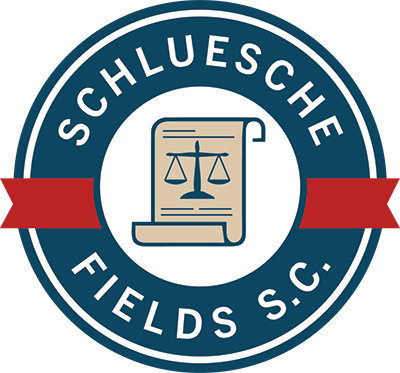How excited do you, or your friends, get when talking about home improvement projects, a…

What is in Your Trust?
You went to an attorney and had a revocable living trust created. That’s great! Estate planning is an extremely valuable asset for you and your family.
Speaking of assets… Have yours been transferred into the name of your trust? Depending on which attorney drafted your trust, or what information was provided at the time of drafting, maybe not. Then what?
When assets are transferred into a trust, it is called “funding”. The funding of a trust is the most important step after execution. An unfunded trust is only worth the paper it was printed on.
When funding a revocable living trust, Schluesche Fields S.C. recommends changing title to the following:
- Real estate.
- Investment accounts (mutual funds, stocks, bonds).
- Savings/checking accounts.
- Certificates of deposit.
A single individual may designate their trust as beneficiary for life insurance policies and retirement accounts. Couples generally designate their trust as the contingent beneficiary of these accounts.
An unfunded trust will cause your assets to go through probate in order to fund your trust. A funded trust will transfer your assets outside of probate. Believe me, it is easier, less costly and less time consuming to do this during your lifetime.
At Schluesche Fields S.C. we take the burden of funding your trust off your shoulders. We provide clients with an asset and inventory form to help determine what assets should be transferred. Our staff will draft the deeds, create letters of direction to financial institutions, and work with financial advisors to ensure a complete transfer of assets to your trust.
It is important for us to ensure you have peace of mind when leaving our office that your revocable living trust is complete and your goals have been met. Probate avoidance is the number one reason clients choose a revocable living trust, and through proper funding, Schluesche Fields S.C. makes that happen.





